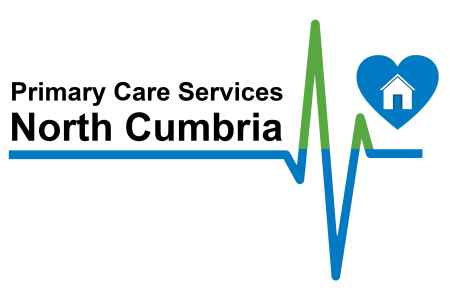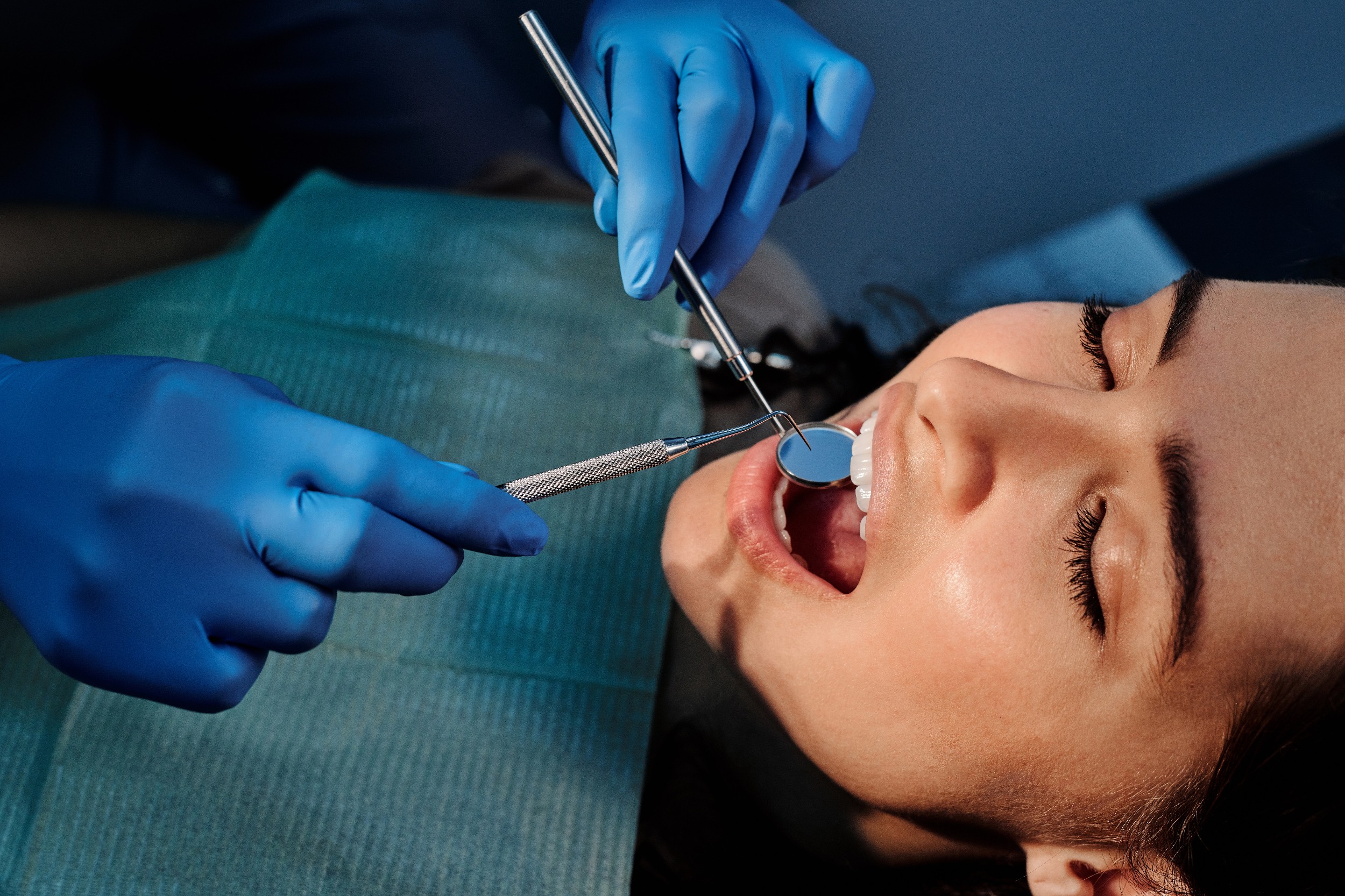A dentist is a person who is qualified to treat diseases and other conditions that affect the teeth and gums, especially the repair and extraction of teeth and the insertion of artificial ones.
You can find a dental surgery that's convenient for you, whether it's near your home or work, and phone them to see if there are any NHS appointments available.
You can search for an NHS dentist near you on this website.
(Please note if dentists offer NHS children services they may appear on these search lists - but may not offer NHS services for adult patients).
Dental surgeries will not always have the capacity to take on new NHS patients. You may have to join a waiting list, look for a different dentist who is taking on new NHS patients, or be seen privately.
Once you find a dental surgery, you may have to fill in a registration form at your first visit, which is just to add you to their patient database. But that does not mean you have guaranteed access to an NHS dental appointment in the future.
If you've been unable to find a dentist and you want to raise your concerns about this, contact your local integrated care board (ICB).
Integrated care boards (ICBs) commission dental services in England and are required to meet the needs of their local population for both urgent and routine dental care.
If you're still not satisfied with the integrated care board's (ICB's) response, you can take your complaint to the Parliamentary and Health Service Ombudsman.
If you think you need urgent care, contact your usual dentist, if you have one, as some surgeries offer emergency dental appointments and will provide care if clinically necessary.
You can also contact NHS 111, who can put you in touch with an urgent dental service.
Do not contact a GP, as they cannot offer urgent or emergency dental care.
When to contact NHS 111
You can get help from NHS 111 or NHS 111 online if you have:
- severe pain
- heavy bleeding
- swelling of your mouth, throat, neck or eye
Call 111 or use NHS 111 online.
When to go to A&E
Only visit A&E in serious circumstances, such as:
- injuries to the face, mouth or teeth
- severe or increasing swelling in your mouth, throat or neck, making it difficult to breathe, swallow or speak
If you're not sure whether you should go to A&E, contact NHS 111 online.
How much will I be charged?
The emergency dentist will only deal with your current dental problem and provide clinically necessary treatment to stop any pain.
An urgent dental treatment will be charged at Band 1 (£25.80), unless you're entitled to free NHS dental treatment.
If you're asked to come back for further treatment, this will be considered a separate course of non-urgent treatment.
If you're not entitled to free NHS dental treatment, you'll have to pay the relevant charge for the new course of treatment.
Ask the dentist what the treatment will cost or ask for a treatment plan.
You do not have to pay for NHS dental services if you're:
- under 18, or under 19 and in full-time education
- pregnant or have had a baby in the last 12 months
- being treated in an NHS hospital and your treatment is carried out by the hospital dentist (but you may have to pay for any dentures or bridges)
- receiving low income benefits, or you're under 20 and a dependant of someone receiving low income benefits
Low income benefits
You're entitled to free NHS dental treatment if you or your spouse (including civil partner) receive:
- Income Support
- Income-related Employment and Support Allowance
- Income-based Jobseeker's Allowance
- Pension Credit Guarantee Credit
- Universal Credit (in certain circumstances)
Certificates to help with health costs
You can receive free NHS dental treatment if you're entitled to or named on:
- a valid NHS tax credit exemption certificate
- a valid HC2 certificate – which is available for people on a low income
- a valid maternity exemption certificate
People named on an NHS certificate for partial help with health costs (HC3) may also get help.
People on a low income can include some students and pensioners.
You'll be asked to show your dentist written proof that you do not have to pay for all or part of your NHS treatment.
You'll also be asked to sign a form to confirm that you do not have to pay.
Some dentists may be able to treat people with special needs in their surgery. However, some people may not be able to get to their dental practice because of a disability or medical condition.
In this case, the dentist should refer the patient to a more specialised dental service. Ask your dentist what is needed for a referral and if it is suitable in your case.
Specialised dental services are commonly provided by community dental services.
Community dental services are available in a variety of places to ensure everyone can have access to dental health. These include hospitals, specialist health centres and mobile clinics, as well as home visits or visits in nursing and care homes.
Some hospitals or health centres also help people who need specialist care and may be able to offer treatment under sedation or general anaesthetic.
People who may need community dental services include:
- children with extensive untreated tooth decay who are particularly anxious
- children with physical or learning disabilities or certain medical conditions
- children referred for specific treatment
- children who are in foster homes or in residential care, or on the "at risk" register
- adults with complex needs who have difficulty accessing general dental services, including adults with moderate and severe learning and physical disabilities or mental health problems
- adults with medical conditions who need additional dental care
- housebound and homeless people
To find out more about the community dental care available in your area, contact NHS England on 0300 311 2233.
Tips for your appointment
If you are referred to a specialist dental service, check your dentist is forwarding all necessary documents.
Do not be afraid to ask detailed questions about anything you do not understand about your treatment or the costs involved. If necessary let the dentist explain it to your carer or family member.
If you have specific medical requirements, for example allergies, or fears, make a note of it and tell your dentist at your first appointment.


